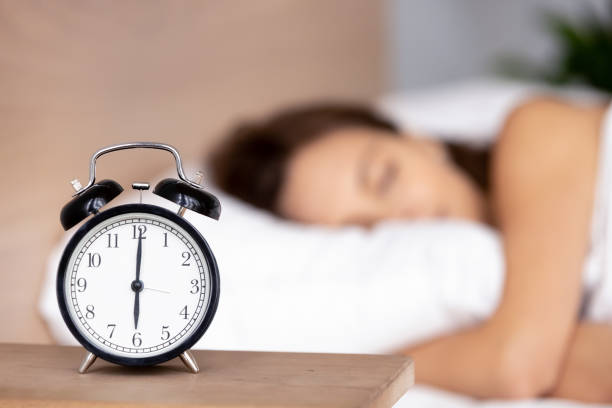Symkowiak & Associates is excited to introduce a sleep series focused on the ins and outs of sleep and its effects on every day living as well as its connections to various aspects of mental and physical health.
The importance of sleep:
Sleep plays a crucial role in maintaining physical health, mental clarity, and emotional balance and is essential for overall health and well-being.
How does it affect you?
sleep is essential for maintaining a healthy and balanced life. By prioritizing good sleep habits, you can improve your mental and physical well-being, boost your mood, and function at your best.
- Mental Functioning: Sleep is essential for cognitive function. When you’re well-rested, you can think more clearly, focus better, and make better decisions. Sleep deprivation can lead to problems with memory, learning, and creativity.
- Mood: Lack of sleep can significantly impact your mood. You might feel irritable, anxious, or even depressed. On the other hand, good sleep can help regulate your emotions and improve your overall mood.
- Physical Health: Sleep plays a vital role in physical health. During sleep, your body repairs tissues, strengthens your immune system, and regulates hormones. Chronic sleep deprivation can increase your risk of chronic health problems like heart disease, diabetes, and obesity.
- Daily Performance: Feeling tired due to sleep deprivation can significantly impact your daily performance. You might experience fatigue, slow reaction times, and difficulty concentrating. This can affect your work, studies, and even your safety while driving.
Tips for better sleep:
- Establish a Consistent Sleep Schedule: Aim to go to bed and wake up at the same time every day, even on weekends. This helps regulate your body’s internal clock and promotes better sleep quality.
- Create a Relaxing Bedtime Routine: Engage in calming activities before bed including reading or practicing relaxation techniques like deep breathing or meditation. Avoid stimulating activities, such as watching TV or using electronic devices, which can interfere with your ability to fall asleep.
- Create a Comfortable Sleep Environment: Make sure your bedroom is conducive to sleep by keeping it cool, dark, and quiet. Invest in a comfortable mattress and pillows that provide adequate support for your body.
- Limit Exposure to Stimulants: Avoid consuming caffeine, nicotine, and alcohol close to bedtime, as they can disrupt your sleep cycle and make it harder to fall asleep.
- Exercise Regularly: Engaging in regular physical activity can promote better sleep, but try to avoid vigorous exercise close to bedtime, as it may energize you and make it harder to wind down.
- Watch Your Diet: Avoid heavy meals, spicy foods, and excessive liquids before bedtime, as they can cause discomfort and disrupt your sleep. Opt for light, easily digestible snacks if you’re hungry before bed.
- Manage Stress: Practice stress-reducing techniques such as mindfulness, yoga, or journaling to help calm your mind and prepare your body for sleep.
